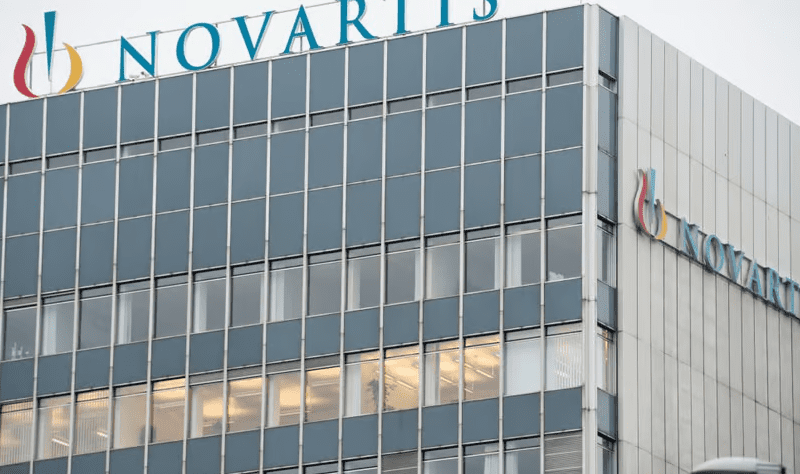Novartis and the nonprofit Medicines for Malaria Venture (MMV) have hit go on the phase 3 development of a novel combination therapy, hustling the solid dispersion formulation toward the final R&D hurdle on the strength of evidence it may kill drug-resistant forms of the parasite.
The drug candidate combines a once-daily formulation of lumefantrine, a molecule used in the current treatment cocktail for acute uncomplicated malaria, with a novel agent with a new mechanism of action. Novartis’ novel drug, ganaplacide, has shown activity against drug-resistant parasites, clearing pathogens in under 48 hours, plus transmission-blocking power and the potential to protect patients from disease.
After combing through data from a phase 2 clinical trial, which linked the novel, once-daily combination to a similar response rate as the incumbent twice-daily artemether-lumefantrine cocktail, the partners have decided to advance the candidate. A phase 3 trial is scheduled to start next year.
Working with the West African Network for Clinical Trials of Antimalarial Drugs, Novartis and MMV plan to run one large pivotal trial to compare the efficacy of their new candidate to artemether-lumefantrine at sites in Burkina Faso, Mali, Gabon, Niger and other parts of sub-Saharan Africa.
The clinical trial will get underway against a backdrop of rising resistance to artemisinin, the traditional first-line therapy in areas where the disease is endemic. Sujata Vaidyanathan, Ph.D., head of the global health development unit at Novartis, framed the phase 3 clinical trial as part of the pushback against the rise of drug-resistant malaria.
“The emergence of artemisinin resistance demands urgent action to develop new antimalarials,” Vaidyanathan said in a statement. “We need non-artemisinin-based medicines with novel mechanisms of action against resistant parasites, and simple, easy-to-follow dosing schedules to help increase treatment adherence. The earlier we have new compounds and the faster the world adopts them, the better chance we stand of beating resistance.”
News of Novartis’ commitment to the phase 3 program comes five months after the Swiss drug developer set out a $250 million, five-year R&D spending plan for malaria and other neglected tropical diseases.

